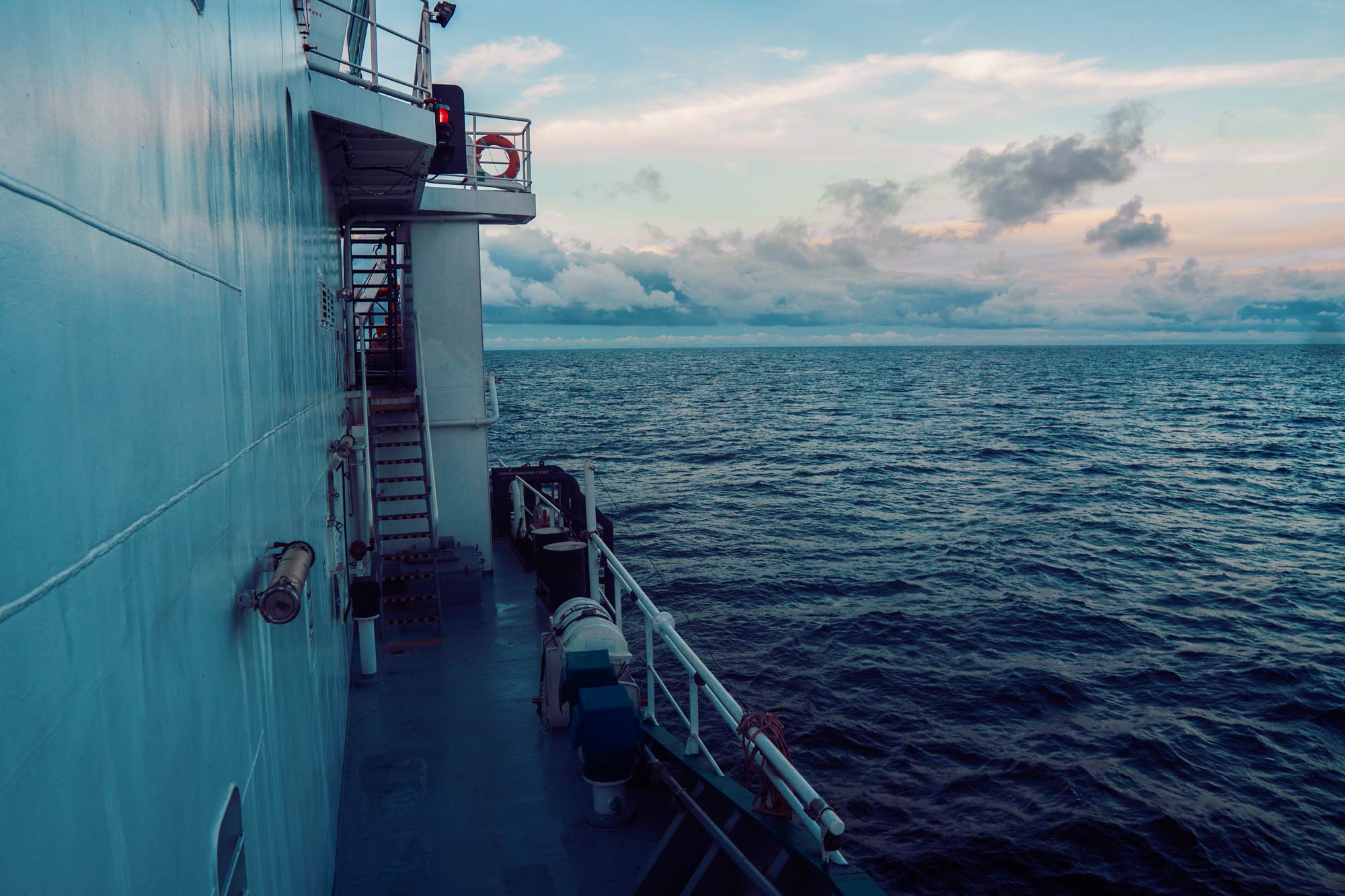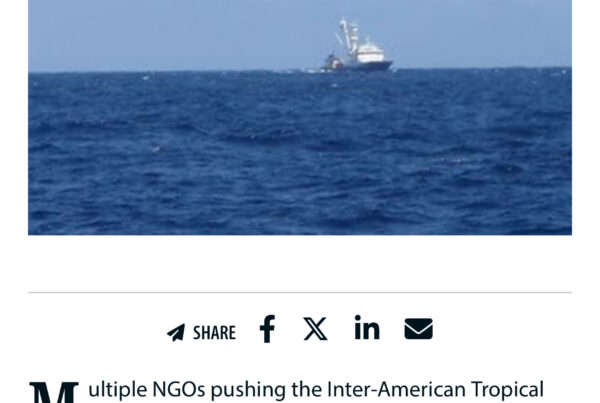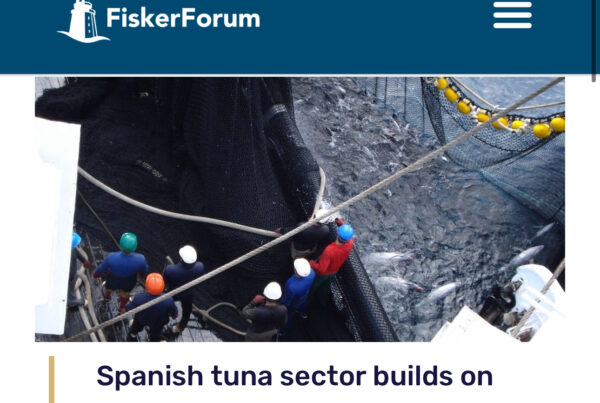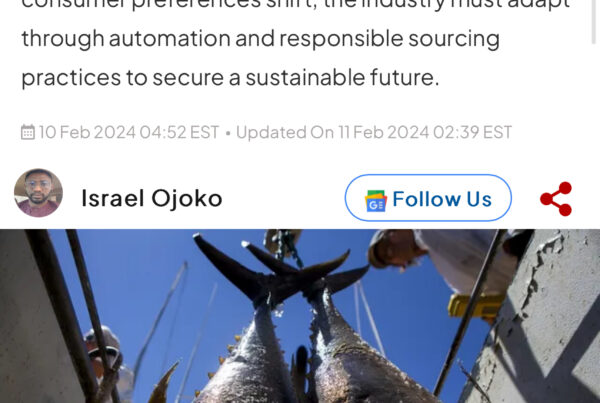MELBOURNE, July 11 (Reuters) – Deep-sea mining could interfere with migration of tuna that is expected to be driven by climate change to areas of the Pacific Ocean currently slated for mining activity, a study released on Tuesday showed.
The Nature Sustainability journal study, which centred on three species of tuna, found climate change would likely change their migration patterns. That raised the potential for conflict between some of the world’s most valuable fisheries and the prospective mining in the Clarion-Clipperton Zone southeast of Hawaii.
Mining companies say the ocean floor is potentially rich in metals including nickel and cobalt used in batteries for electric vehicles, so their extraction will support the global energy transition.
The U.N. body that regulates the sector is expected to press pause on plans to extract minerals from the ocean floor when it meets this month due to environmental and economic risks.
“The high seas harbor a trove of biodiversity, and there are critical sectors of our economy that depend on this biodiversity,” said study co-author Dr. Juliano Palacios Abrantes from the University of British Columbia.



